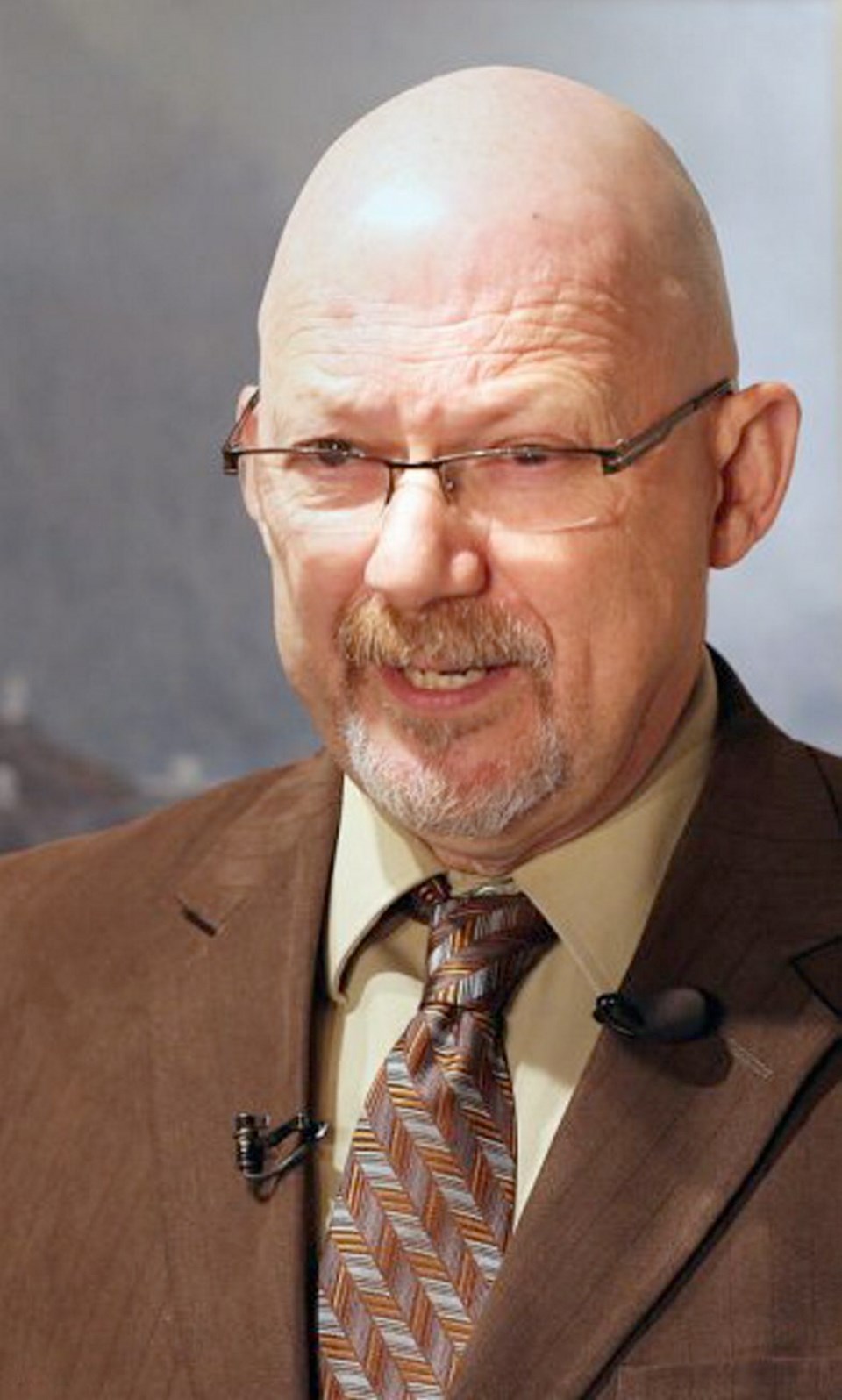A commentary by the MP for Esquimalt-Saanich-Sooke, the NDP critic for sexual orientation and gender identity and expression.
I was disappointed to see the sa���ʴ�ý editorial about the campaign to end the gay blood ban. In my arguments about ending the ban, I have always been clear that the goal is to increase blood donations and make the blood supply safer by ending the ban, which is both ineffective and unscientific.
Instead of looking to any of the 14 organizations that are part of a national campaign known as “All Blood is Equal,” the other three local MPs, the prime minister, or the past two Liberal Party platforms, it was disappointing to see an editorial repeating the same old homophobic argument that gay men are a threat to the blood supply.
There is simply no science behind this, and in my discussions with the Canadian Blood Service, they never presented any such evidence.
The argument in the editorial about a deferral period being necessary because newly acquired HIV remains undetectable for a period is a fact.
But how do you acquire HIV? Not by being gay, but by engaging in risky sexual behaviours no matter who you are.
Nearly 60 per cent of new HIV infections in sa���ʴ�ý are found in straight people — not in gay men, men who have sex with men, or trans women. If the existing policy is supposed to catch undetectable newly acquired HIV, then it is missing well over half of the new cases.
More than 17 countries have ended identity-based exclusions from blood donation rules in favour of behavior-based criteria.
These are countries with high-quality health systems and a safe blood supply, including Italy, Spain, and Argentina.
Italy ended the ban on gay blood donations nearly 20 years ago and has had no problems with “tainted” blood as a result.
In Italy, all donors who change sexual partners or have sex with multiple partners are asked to defer donating for four months, no matter what their sexual orientation or gender identity. This is what an effective, science-based policy looks like.
In this time of COVID-19, when we have a severe shortage of blood donations, it is more important than ever to end this ban. Doing so would provide a quick boost to eligible and likely donors.
As well, researchers are in dire need of plasma donations from those who have recovered from COVID-19 for research into possible treatment and prevention. But gay men who have tried to donate plasma have also been turned away based on this outdated policy.
The editorial also ignores the negative impacts of ongoing homophobia and transphobia in our community. A policy that stigmatizes individuals based on their sexual orientation or gender identity contributes to the ongoing problems of discrimination and violence.
You need only refer to the case of a man attacked on Douglas Street this week while being taunted with homophobic slurs.
I remain committed to ending this discriminatory blood donation policy and making the blood supply safer at the same time.
I first introduced a motion in the House of Commons calling for this change six years ago, and I have reintroduced a similar motion (M-41) this month.
In the interim, I have called for friends, family, and allies of those of us who are still banned from donating to step up and donate in our place while we wait for a more effective, science-based policy on blood donations in sa���ʴ�ý, one that also eliminates an ongoing piece of homophobia and transphobia.



